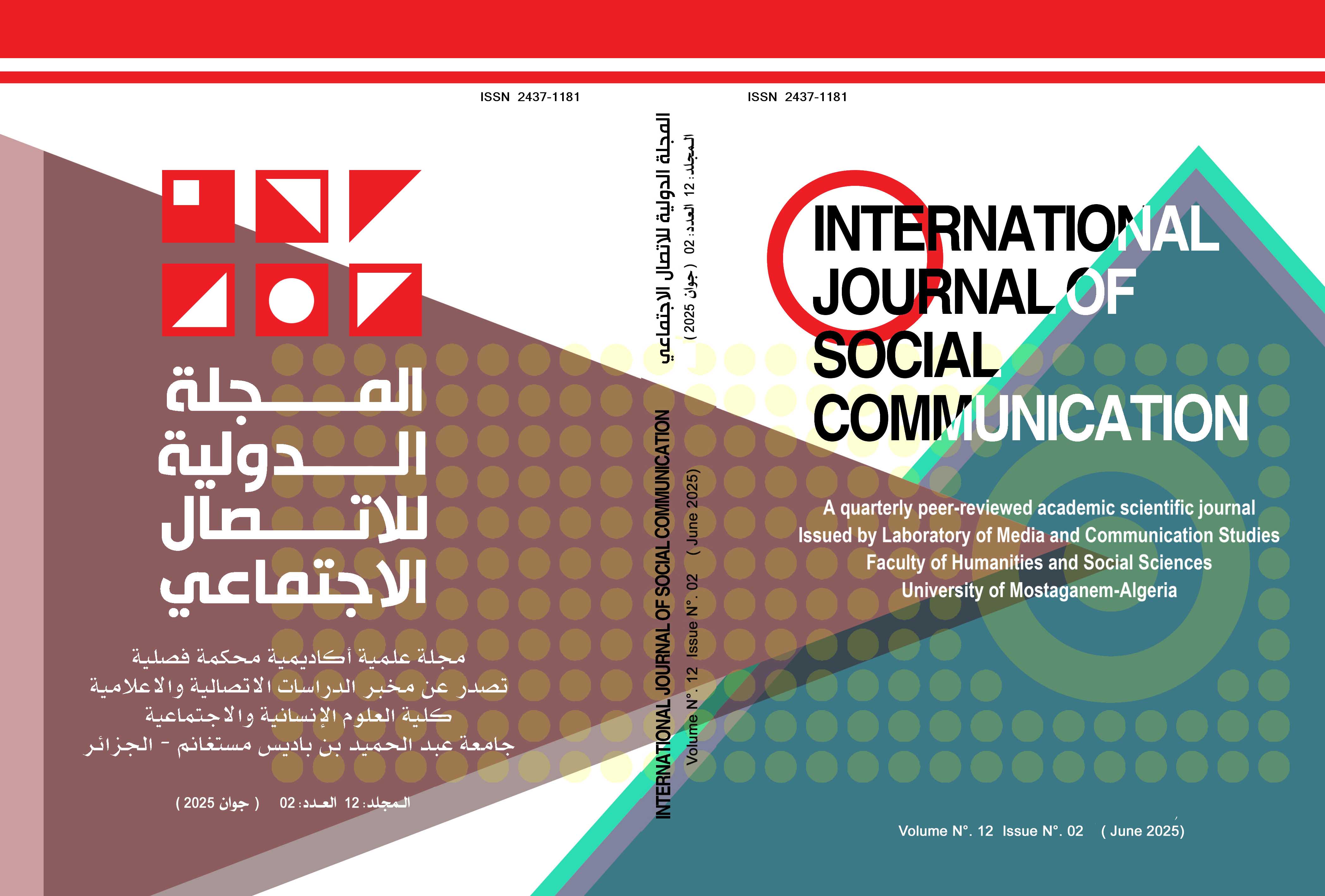Analyzing Online Discourse: A Comparative Study of Communication in Pre-Digital Eras and Modern Digital Communication
Keywords:
Digital Communication, Misinformation, Privacy, Censorship, EthicsAbstract
This paper explores the evolution of communication from traditional methods in ancient times to modern digital platforms, focusing on the ethical challenges and societal impacts of these changes. In ancient societies, communication was primarily face-to-face or localized, with information spreading slowly and being subject to personal relationships and trust. Today, digital communication has expanded globally, enabling rapid information exchange through platforms like social media and email. While this has brought positive advancements, such as global connectivity, it has also raised significant ethical concerns. Issues like misinformation, data privacy, online censorship, and the psychological effects of digital interaction have become increasingly prominent. The speed at which false information spreads online, coupled with the loss of control over personal data, poses serious risks to society. Moreover, digital platforms' role in moderating content has sparked debates on freedom of speech and the ethics of censorship. Social isolation and mental health challenges are also exacerbated by the superficial nature of online interactions. The paper concludes by emphasizing the need for ethical frameworks to address these challenges, ensuring digital communication remains a force for good while minimizing its harmful effects
Downloads
Published
Issue
Section
License

This work is licensed under a Creative Commons Attribution-NonCommercial-NoDerivatives 4.0 International License.


